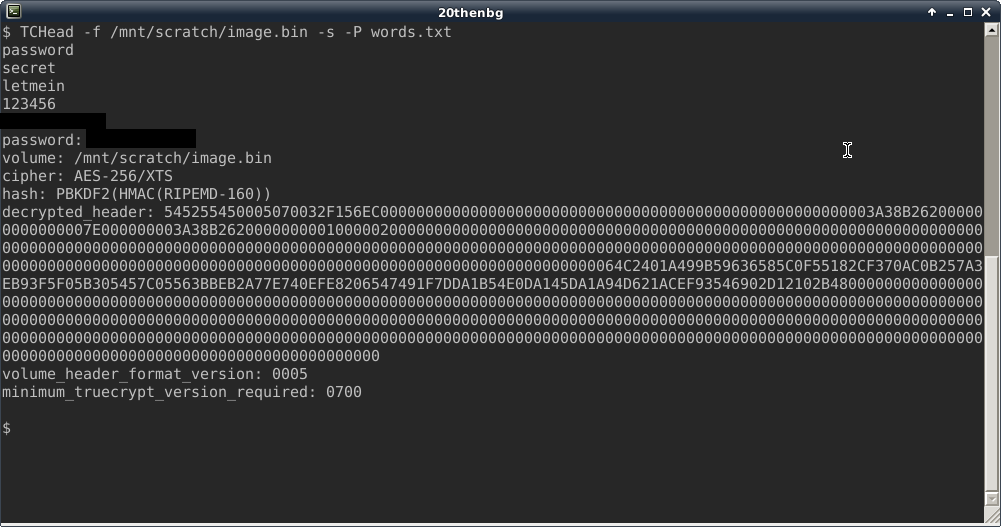


SANS Institute's Johannes Ullrich recommended that Mac OS X users stick with FileVault 2, which is built into OS X 10.7 (Lion) and later. There are other free tools for Windows, such as DiskCryptor. Security expert The Grugq (Opens in a new window) put together a list of TrueCrypt alternatives last year, which is still useful. Symantec Drive Encrpytion ($110 for a single user license) uses PGP, which is a well-known encryption method. Schneier told The Register he is switching back to Symantec's PGPDisk to encrypt his data. While BitLocker is the obvious alternative, there are other options to look at. TrueCrypt version 7.2 lets users decrypt their files but won't let them create new encrypted volumes.
#Truecrypt news pro
The site, as well as the popup alert on the software, has instructions on transferring TrueCrypt-encrypted files to Microsoft's BitLocker service, which is built into Microsoft Vista Ultimate and Enterprise, Windows 7 Ultimate and Enterprise, and Windows 8 Pro and Enterprise. "I think it's unlikely that an unknown hacker identified the TrueCrypt developers, stole their signing key, and hacked their site," said Matthew Green (Opens in a new window), a professor specializing in cryptography at Johns Hopkins University. The SourceForge site now offers an updated version of TrueCrypt (digitally signed by the developers so this isn't a hack) which pops up an alert during the installation process to inform users they should use BitLocker or some other tool. "It's time to start looking for an alternative way to encrypt your files and hard drive," wrote independent security consultant Graham Cluley (Opens in a new window).Īt first, there were concerns that some malicious attackers had defaced the site, but it's becoming increasingly clear this is not a hoax. "You should migrate any data encrypted by TrueCrypt to encrypted disks or virtual disk images supported on your platform," the message said. "WARNING: Using TrustCrypt is not secure as it may contain unfixed security issues," read the text on TrueCrypt's SourceForge page. The mysterious creators abruptly shut down TrueCrypt (Opens in a new window) on Wednesday, claiming it was unsafe to use. The tool made it easy to turn a flash drive or a hard drive into an encrypted volume, securing all the data stored on it from prying eyes. Edward Snowden allegedly used TrueCrypt, and security expert Bruce Schneier was another well-known supporter of the software. The creators of the software have not been publicly identified. The open source and freely available TrueCrypt software has been popular for the past ten years because it was perceived to be independent from major vendors. If you use TrueCrypt to encrypt your data, you need to switch to a different encryption software to protect your files, and even whole hard drives.
#Truecrypt news how to
How to Set Up Two-Factor Authentication.How to Record the Screen on Your Windows PC or Mac.How to Convert YouTube Videos to MP3 Files.How to Save Money on Your Cell Phone Bill.How to Free Up Space on Your iPhone or iPad.How to Block Robotexts and Spam Messages.


 0 kommentar(er)
0 kommentar(er)
